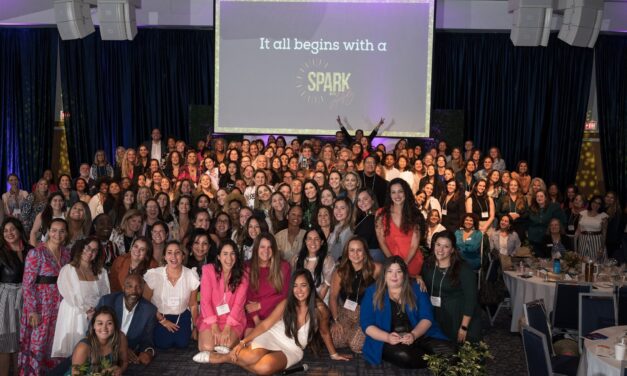Faith Communities in and around North Bay Village
North Bay Village and its surrounding areas offer a variety of places of worship, catering to diverse faith traditions. Here are some notable churches and temples in the vicinity:
Within North Bay Village:
- Ummah of Miami Beach
- Address: 7904 West Dr, North Bay Village, FL 33141
- Phone: 786-216-7035
- Description: A local place of worship serving the Muslim community in North Bay Village.
Nearby Places of Worship:
- Calvary Chapel
- Address: 7141 Indian Creek Dr, Miami Beach, FL 33141
- Phone: 305-531-2730
- Description: A Christ-centered, cross-focused church offering services and community programs.
- Temple Moses Sephardic Congregation of Florida
- Address: 1200 Normandy Dr, Miami Beach, FL 33141
- Phone: 305-861-6308
- Description: A Sephardic Jewish congregation providing religious services and cultural events.
- Iglesia Jesus Es Rey
- Address: 1133 71st St, Miami Beach, FL 33141
- Phone: 305-867-7679
- Description: A Christian church offering worship services and community outreach programs.
- St. Mary Magdalen Catholic Church
- Address: 17775 N Bay Rd, Sunny Isles Beach, FL 33160
- Phone: 305-931-0600
- Description: A Catholic parish providing mass services and religious education.
- St. Bernard de Clairvaux Episcopal Church
- Address: 16711 W Dixie Hwy, North Miami Beach, FL 33160
- Phone: 305-945-1461
- Description: An Episcopal church known for its historic architecture and spiritual services.
- St. Sophia Greek Orthodox Cathedral
- Address: 2401 SW 3rd Ave, Miami, FL 33129
- Phone: 305-854-2922
- Description: A Greek Orthodox cathedral offering liturgical services and cultural events.
- New Revelation Alliance Church
- Address: 11900 Biscayne Blvd, Miami, FL 33181
- Phone: 305-893-8050
- Description: A Christian church focusing on community service and spiritual growth.
These establishments reflect the rich tapestry of faith communities accessible to residents and visitors of North Bay Village, fostering spiritual growth and community engagement.




